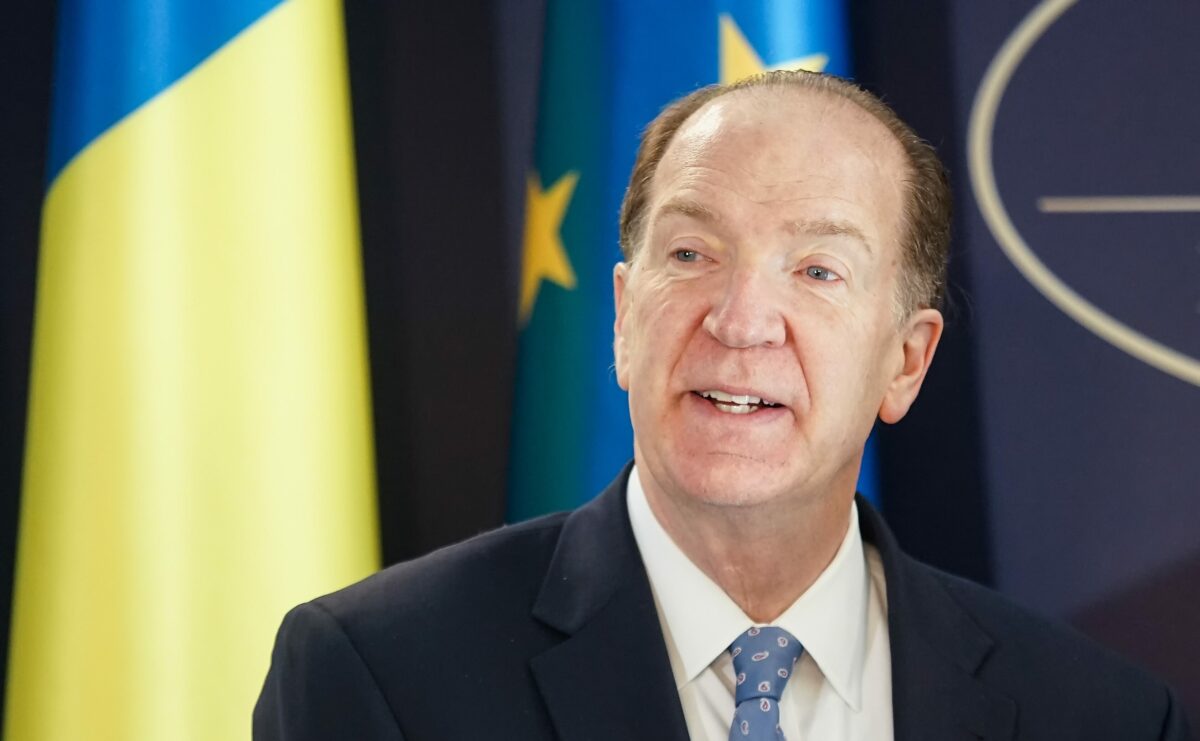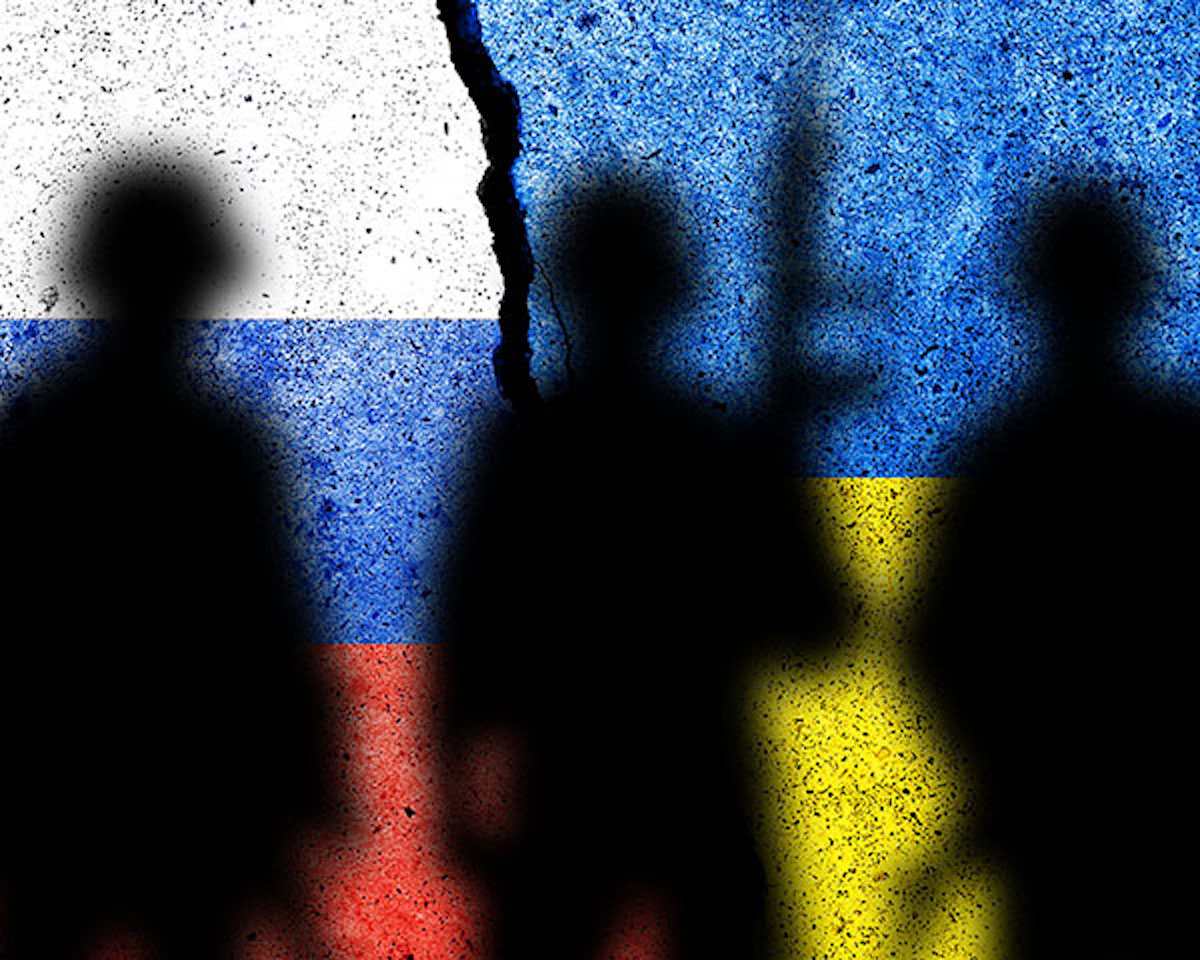Food shortages and inflation will bring social unrest in coming years says World Food Programme’s director

David Beasley, Executive Director of the United Nations World Food Programme, has warned that the lingering effects of the pandemic, alongside the ongoing Russia-Ukraine conflict and climate change, will further drive up food prices and the risk of food shortages over the next year.
He added ongoing hikes in food prices will inevitably cause social unrest in some areas of the world in the near future. His comments were made to CNN, while attending the Society for Advancing Business Editing and Writing (SABEW) conference in New York.
“If we’re not there with a safety net program, then the political extremists or whatever the case may be, will exploit that… Next thing you know, you’ve got riots, famine, destabilisation and then mass migration by necessity.”
As a result of inflation and disrupted supply chains, the UN has already begun to ration food supplies to millions, Beasley explained. Crucial supplies are being diverted to only the most starving children in need.
Both richer and poor countries are being faced with rising food prices. Not only is this likely to continue, but the UN official noted that access to produce itself is projected to become an even bigger challenge.
“In 2023, you’re going to have a food shortage problem,” he said. This will be due to several factors, including the Russia-Ukraine war.
Inflation and shortages will be experienced globally, but some countries will be worse off than others. Beasley said: “In the United States, some people might buy less Netflix, but you have enough money to buy the food you need.
“It’s going to be tough on people, but nothing compared to Chad, Mali and Ethiopia.”
He highlighted that food price inflation and supply problems have often preceded the start of conflict and civil unrest in the past, referring to the Syrian civil war and the 2011 Arab Spring as examples. He also discussed recent protests in Sri Lanka and Pakistan, which arose following shortages of essential goods and huge spikes in inflation.
With its Black Sea ports currently blocked by Russian officials, it is likely Ukraine will be at the centre of these shortages. The country is the number one exporter of sunflower oil, and a large exporter of wheat, barley, and corn. In previous years, Ukraine would be expected to produce enough food for approximately 400 million people, said Beasley.
Last week, Beasley pleaded to Russia’s president Vladimir Putin to open the ports. In an interview with CNN, he said: “If you have any heart at all for the rest of the world, regardless of how you feel about Ukraine, you need to open up those ports.
“Millions of people around the world will die because these ports are being blocked.”
As well as the war in Ukraine, climate change is also threatening food security worldwide. Last week, India announced it will ban all wheat exports immediately, following an extreme spring heatwave which has halted production.
India is the second largest producer of wheat worldwide, after Russia, but the country consumes most of the wheat it grows. It had previously set a target to export 10 million tonnes of the crop to new markets in Europe, Asia, and Africa between 2022 and 2023, to benefit from supply disruption being caused by the war in Ukraine.
A combination of damaging weather conditions and the impact of Covid-19 have stunted these plans for the time being. During the pandemic, free grain was distributed to approximately 800 million people, which immensely strained India’s supply.
Beasley has estimated around 276 million people are now heading towards starvation – a huge increase from the 80 million predicted around five years ago.
As a serious food shortage and inflation crisis looms, the UN official has called on billionaires worldwide to step up. “I just need two days of your net worth increase,” he said. “Is that too much to ask?”
“You’re putting rockets up in space, you’ve got incredible technologies and mindsets. Let’s solve the hunger problem for countries around the world. It’s doable.”








